Intro
Discover the 5 causes of ectopic pregnancy, including fertilization issues, tubal damage, and hormonal imbalances, to understand the risks and symptoms of this life-threatening condition, also known as tubal pregnancy or extrauterine pregnancy.
Ectopic pregnancy is a serious and potentially life-threatening condition that occurs when a fertilized egg implants outside the uterus, typically in the fallopian tube. This can lead to severe complications, including internal bleeding, organ damage, and even death. Understanding the causes of ectopic pregnancy is crucial for prevention, early detection, and effective treatment. In this article, we will delve into the five primary causes of ectopic pregnancy, discussing the risk factors, symptoms, and consequences of this condition.
The importance of understanding ectopic pregnancy cannot be overstated. According to the American Pregnancy Association, ectopic pregnancy affects approximately 1 in 50 pregnancies, resulting in thousands of hospitalizations and fatalities each year. By recognizing the causes and risk factors associated with ectopic pregnancy, women can take proactive steps to reduce their likelihood of developing this condition. Furthermore, healthcare providers can improve diagnosis and treatment outcomes by being aware of the underlying causes of ectopic pregnancy.
Ectopic pregnancy is often misunderstood, and many women are unaware of the factors that contribute to its development. The condition can affect any woman, regardless of age, reproductive history, or socioeconomic status. However, certain factors increase the risk of ectopic pregnancy, including pelvic inflammatory disease, endometriosis, and previous ectopic pregnancies. By exploring the five primary causes of ectopic pregnancy, we can gain a deeper understanding of this complex condition and work towards reducing its incidence and improving outcomes for affected women.
Introduction to Ectopic Pregnancy
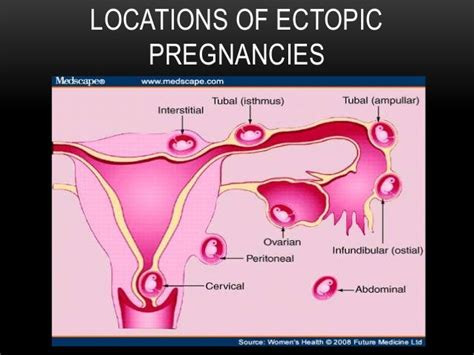
Cause 1: Pelvic Inflammatory Disease (PID)

Risk Factors for PID
The risk factors for PID include: * History of sexually transmitted infections (STIs) * Multiple sexual partners * Inadequate treatment of STIs * Use of intrauterine devices (IUDs) for contraception * Previous pelvic surgeryCause 2: Endometriosis
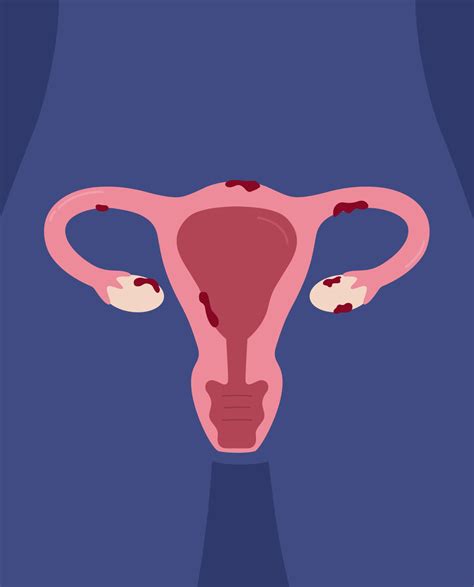
Symptoms of Endometriosis
The symptoms of endometriosis include: * Pelvic pain * Heavy menstrual bleeding * Infertility * Bowel or urinary symptoms * FatigueCause 3: Previous Ectopic Pregnancy
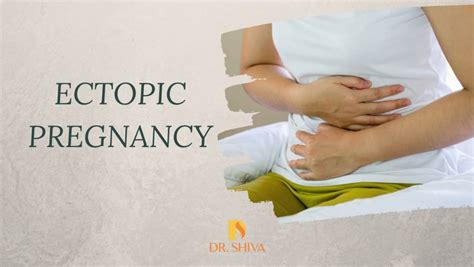
Risk Factors for Repeat Ectopic Pregnancy
The risk factors for repeat ectopic pregnancy include: * Previous ectopic pregnancy * History of pelvic surgery * Use of assisted reproductive technology (ART) * History of infertilityCause 4: Fallopian Tube Damage or Abnormalities
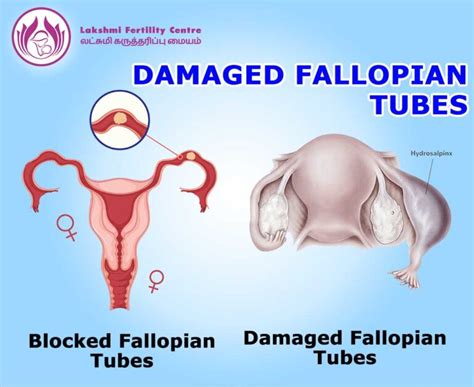
Symptoms of Fallopian Tube Damage
The symptoms of fallopian tube damage include: * Pelvic pain * Infertility * Abnormal menstrual bleeding * History of pelvic infectionCause 5: Hormonal Imbalance
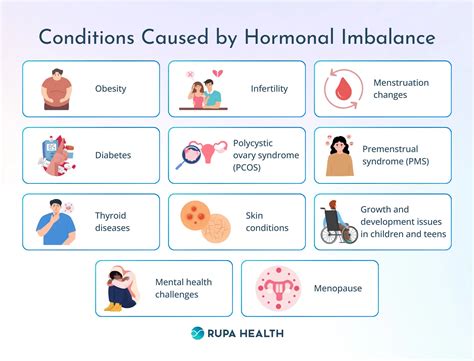
Risk Factors for Hormonal Imbalance
The risk factors for hormonal imbalance include: * Family history of hormonal disorders * Use of hormonal contraceptives * History of infertility * Previous hormonal imbalanceWhat are the symptoms of ectopic pregnancy?
+The symptoms of ectopic pregnancy include pelvic pain, vaginal bleeding, and abdominal tenderness. In some cases, women may experience no symptoms at all.
How is ectopic pregnancy diagnosed?
+Ectopic pregnancy is diagnosed using a combination of physical examination, ultrasound, and blood tests. In some cases, laparoscopy may be used to confirm the diagnosis.
What are the treatment options for ectopic pregnancy?
+The treatment options for ectopic pregnancy include medication, surgery, and expectant management. The choice of treatment depends on the severity of the condition and the overall health of the woman.
Can ectopic pregnancy be prevented?
+While ectopic pregnancy cannot be completely prevented, women can reduce their risk by practicing safe sex, getting regular check-ups, and avoiding smoking and excessive alcohol consumption.
What is the prognosis for women with ectopic pregnancy?
+The prognosis for women with ectopic pregnancy depends on the severity of the condition and the promptness of treatment. With early diagnosis and treatment, most women can recover from ectopic pregnancy and go on to have healthy pregnancies in the future.
In conclusion, understanding the causes of ectopic pregnancy is essential for reducing the risk of this condition and improving outcomes for affected women. By recognizing the risk factors and symptoms of ectopic pregnancy, women can take proactive steps to protect their reproductive health. We invite you to share your thoughts and experiences with ectopic pregnancy in the comments section below. Additionally, please share this article with anyone who may benefit from this information, and let's work together to raise awareness about this critical women's health issue.
